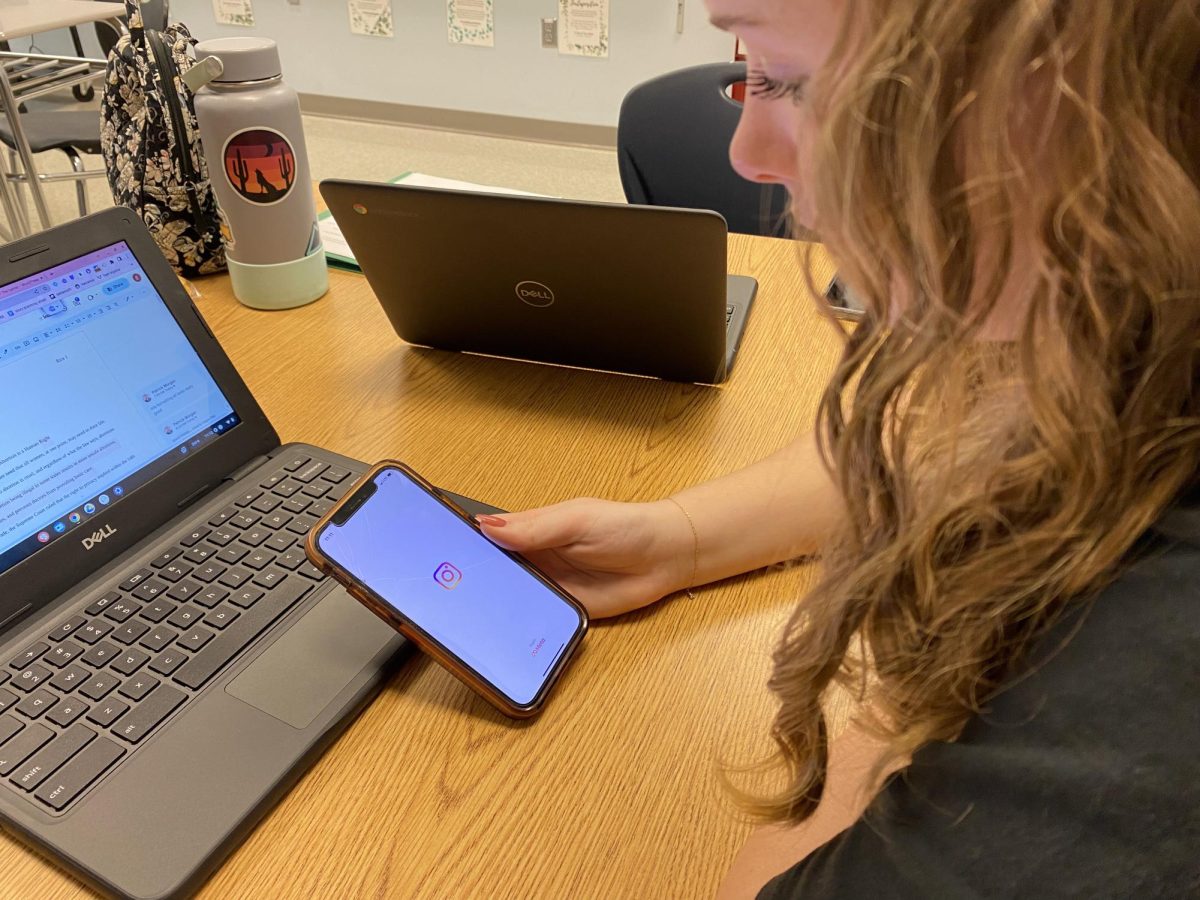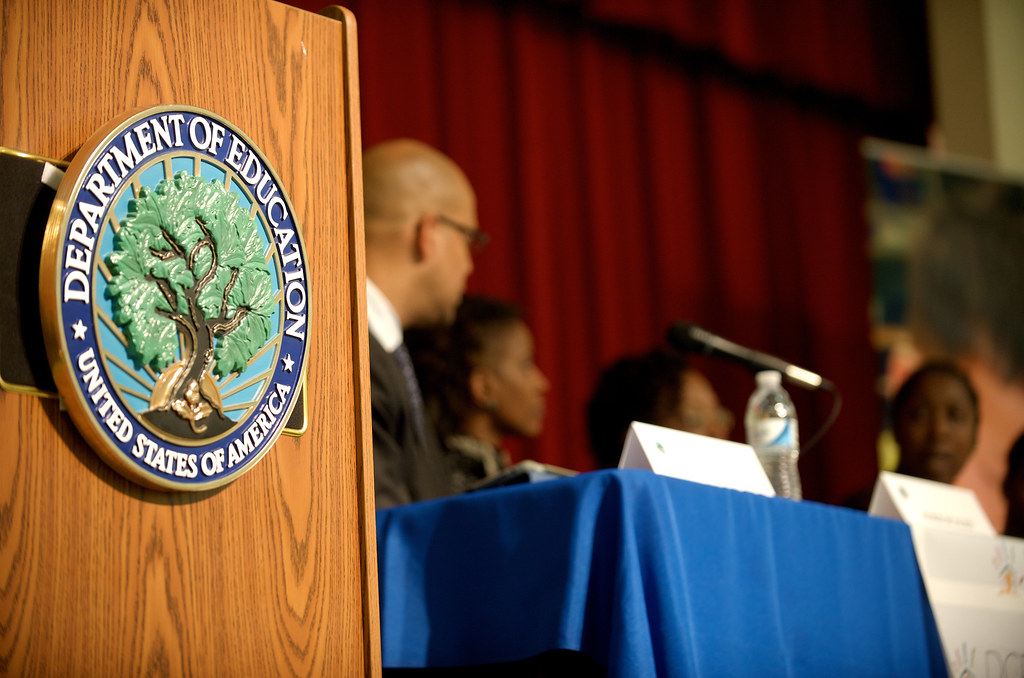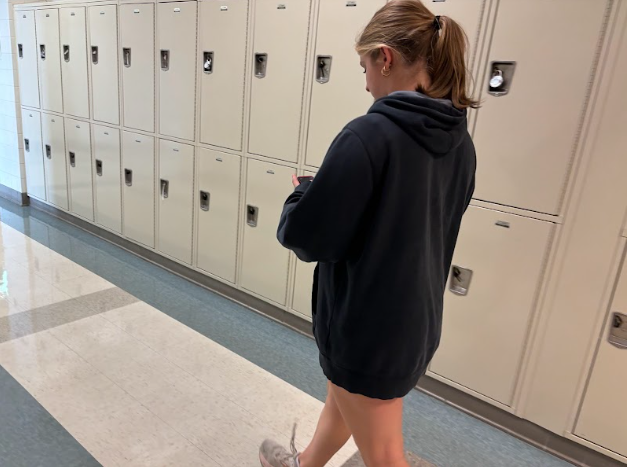Earlier this year, Republican senator Josh Hawley introduced a bill that would enforce a minimum age requirement of 16 years old for social media platforms.
States including Utah and Arkansas have already passed this law regulating social media. This law is being put in place because social media platforms are harming the mental health and wellbeing of children and teenagers.
The state of Maryland does not have a set social media law yet, but they are starting to draft one in order to regulate social media accounts better. Until they have made it a set law here, they will be taking the same actions as states which already have a set law for social media, just without it being an official state measure. So far, the state of Utah has taken the most action with this regulation.
These states felt that they needed to put this social media law into action because social media has no restrictions. Anything could pop up while someone is just scrolling through a social media platform. Not to mention, social media can lead to drama, bullying, trolling, harassment and much more.
They are making this new law and regulations to create safety on social media by trying not to have younger kids on these platforms. From ages 13 to 17, minors will need parental consent for a social media account. Parents tend to not check their children’s social media accounts, this can result in teenagers and children being able to do whatever they want on social media.
Part of the new law is age verification for accounts, so the app knows that minors are not lying about the age you put into your account. Without age verification, someone could say any age they would like to and the app would have no way of telling that person was lying about their real age.
In 2022, Congress failed to pass many of the aggressive bills targeting tech. They passed a bill to ban TikTok on government devices and legislators and advocates say they are looking to further regulate social media companies.
Laws are being put in place on social media to ensure the safety and well-being of people on social media. They aim to address issues like cyber bullying, harassment, hate speech and the spread of misinformation through these laws. The overall goal is to help protect individuals and promote responsible use of social media platforms.
Social media can not only affect peoples’ lives now– it could affect your future. Young teens and children should be careful about what they post on social media because once you post something, it is permanently on your digital footprint. When children go to apply to a job later on in life, their employers could possibly see their posts and it could be used against them. Rules and regulations will never fully be able to fully control and make social media a better place.
Social media can not only be unsafe, it can also harm children mentally and lead to a lot of information being leaked or spreading misinformation. Social media has always been the same, the only thing that changed was the way people used it, eventually it just got out of hand and now needs to be fixed.
Everyone working on the law agrees that the law is a good idea to keep social media safe. But the way they have to scan your account and get back information on you can be weird and questionable.
Social media has made many people anti-social because they can talk to anyone on social media, so nobody makes plans to see people to talk in person anymore.
It can have a pretty big impact on mental health because many people lose self esteem because of social media. This can cause a really big impact on someone’s stress, anxiety or depression.
Social media can also affect one’s sleep schedule, because it can be very distracting while trying to sleep. It tends to be addictive in a way; a lot of people would agree that plenty of people can scroll on social media for hours a day. This is also not good for peoples’ eyes and brains.Doctors recommend that you should really only be on social media 2 hours a day at a max.
The new law is smart, because nowadays, parents just let their kids get social media and do not check their platforms. This new social media law will help limit kids from doing what they shouldn’t be doing online especially if their account is public for everyone to see.








